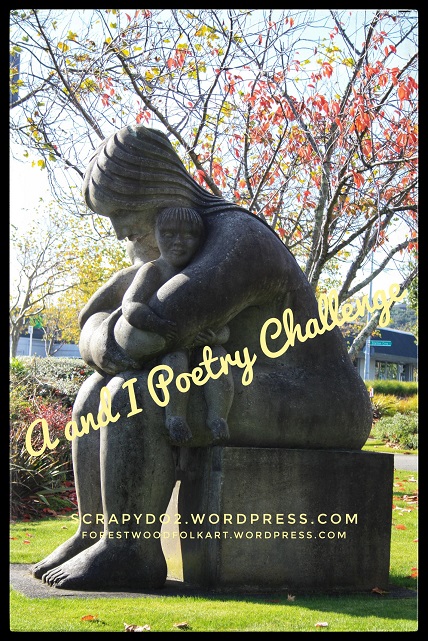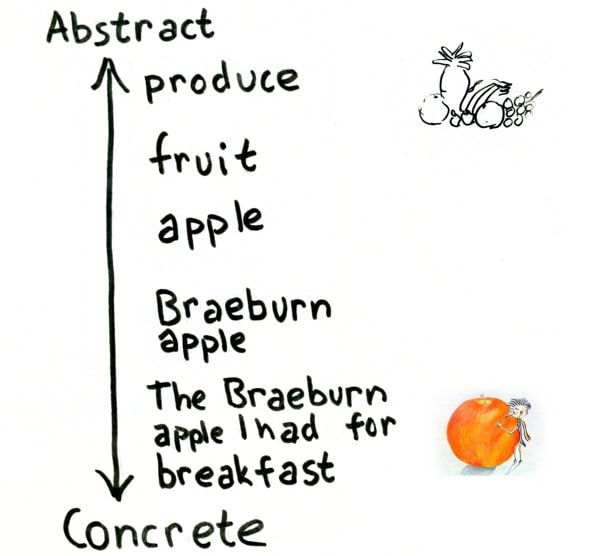The following poem is the one I have always liked and I wrote it so quickly – it must be that writing from the heart, makes a difference.
I am submitting it for the October poetry month challenge. A little late but I have been occupied with hosting my own poetry challenge, which ends this month, well, last month, now that today is officially November.
You can check out another of my poems here/2018/11/01/poetry-challenge-october-prompt-2/

‘Still in my Heart’
Home Sweet Home afar from me,
At least 10 hours over sky and sea,
A fairy tale land of red and white,
of rain, and wind, and winter nights.
Yet still you send my heart a flutter,
And here, I can but get your butter,
Cos’ when I’m sad and feeling down,
You can lift my spirits like a children’s clown.
What is this strange longing and connection,
I feel for such warm and fuzzy introspection?
Of land and family long dead and passed,
Would they think me to be completely daft?
Yet I am of them, and they are of me,
This continual spreading of the family tree.
The branches are like the ancient Birch
Resilient, pervasive til one drops off the Perch.
If only I could stay or perhaps visit more often,
But my responsibilities and circumstances rarely soften.
So I must dream and wish and be ever so frugal,
And if I can’t afford to travel there, there is always Google!
~ The Sunshine Elves

Poetry Dedication:
In memory and thanks for a great friend, Andrea Heiberg.
You are watching now from another place, I place I cannot yet go.
Just what are you thinking, I do wonder.
~Amanda























